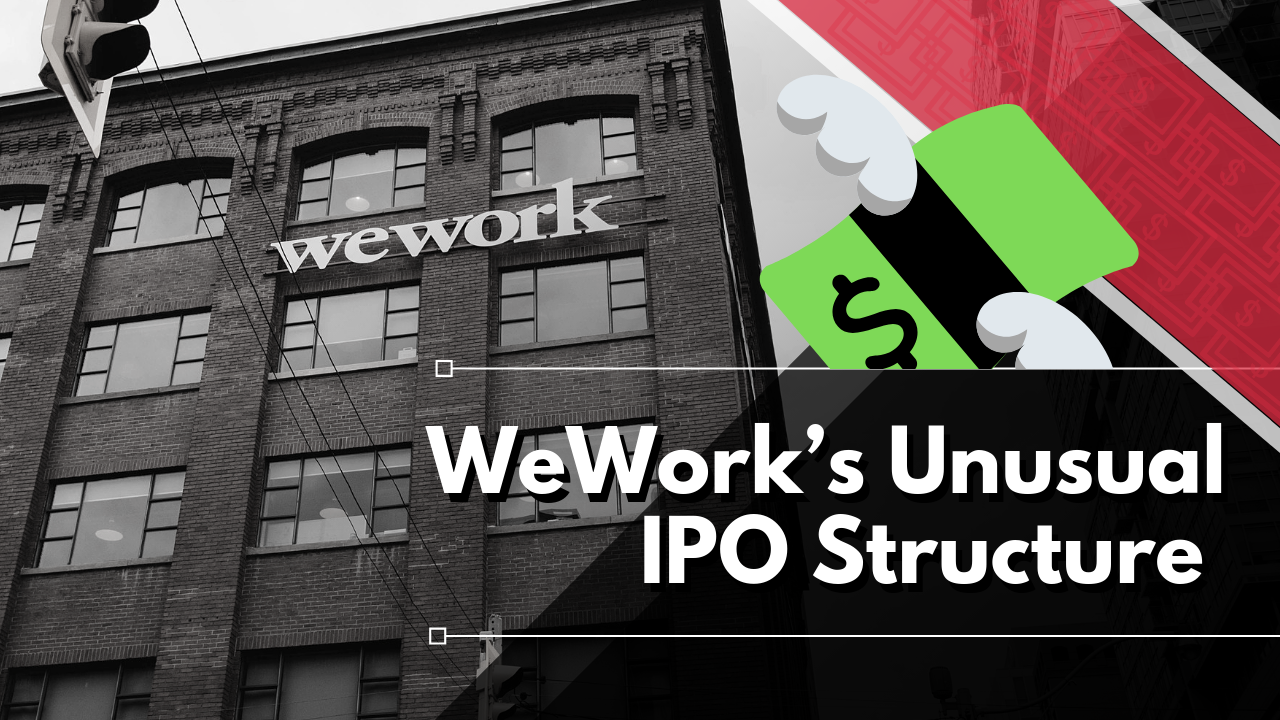- WeWork is using an unusual corporate structure for its IPO, which means it avoids certain taxes.
- The company owners can avoid the double taxation of a corporation, while retaining access to the wider market to raise capital.
- Jonathan Price, an investment management expert for the industry, peels back the layers to reveal how it’s done.
By Jonathan Price, a pioneer in the field of business centre investment. He was a co-founder of the world’s first public fund for the flexible workspace industry, and shares over 25 years of financial expertise and knowledge as a consultant and a lecturer at the London School of Business & Finance. Jonathan can be reached at [email protected].
We live in a world of cakeism. For non-British readers, cakeism is a new word encapsulating the concept of ‘having your cake and eating it’, coined to describe the claim of proponents of Britain’s departure from the EU that it would be possible to have all the benefits of EU membership without actually having to be a member.
The latest example of cakeism can be seen in the planned IPO of WeWork, where the founders are seeking to retain the tax benefits of being a partnership, while gaining access to the public equity market, something which would normally require converting into a corporation.
A partnership is not a taxable entity, like a corporation, so its owners, the partners, do not suffer the double taxation burden of corporate shareholders who find that their company’s profits are taxed, and then any dividend paid out to them is taxed again.
In a partnership, the partners are taxed on their share of the profits, but the partnership itself is not taxed, so the Revenue takes one bite of the cherry, not two. This neat arrangement explains why private equity firms, whose owners really hate tax, traditionally use partnerships to make their investments.
So how will WeWork’s already fabulously rich owners avoid the double taxation of a corporation, while still managing to raise capital from the wider market?
The key to this alchemy is the “Up-C” structure. The faintly rude sounding name in fact stands for Umbrella partnership corporation and the structure involves the original investors remaining partners in a partnership, while the new public investors buy shares in a holding company that owns one of the partnership interests.
To be fair to the existing owners, they do not keep all of the ensuing tax benefits, but agree to share a minority proportion, perhaps 25% with the new public owners. Nevertheless, and despite the reduced corporate tax rates applicable under the current administration, the benefit to the existing owners has been estimated to be worth 7% of any dividends that they may be paid in future.
WeWork is by no means the first business to use this tax avoiding structure, and perhaps surprisingly, the US tax authorities do not seem to have a problem with it, nor do the institutional shareholders whose support will be vital to making the IPO a success. But then again, they seem happy with the fact that Adam Neumann will retain voting control of the business even after the IPO, despite holding only a minority economic interest.
Before the IPO, WeWork is expected to raise a new financing package of $6 billion and the banks are reported to be ‘lining up’ to support this new debt. Apparently they are also happy with the Up-C structure, the multiple voting rights of Mr Neumann and the absence of any profits for the foreseeable future — truly an amazing world we live in.















